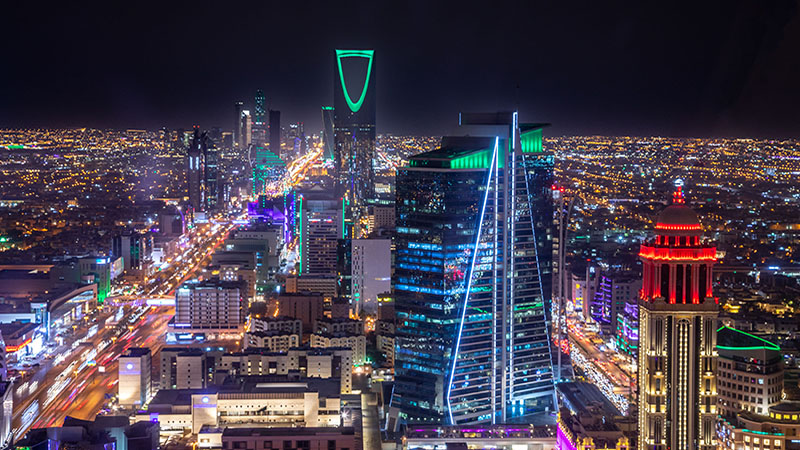For decades, the investment environment in the Middle East has been synonymous with one sector: oil. Though the region is far from putting its liquid cash cow out to pasture, it has invested heavily in diversifying its revenue streams, drawing the eye of emerging market investors
The Middle East presents a unique set of circumstances for investors. Conflicts have plagued the region and civil rights issues have deterred some investors. Until 2017, women were not allowed to drive in Saudi Arabia.
See also: Macro matters: What does the future hold for money markets?
In 2018, US-based journalist Jamal Khashoggi was murdered in the Saudi consulate in Istanbul. While Saudi officials said it was a ‘rogue operation’, an intelligence report from the US government concluded the assassination was directly approved by crown prince Mohammed bin Salman.
Some investors say the Middle East has been in the heat of reform in recent years, however, and its appealing high levels of wealth sweetens the pot.
In addition, Saudi Arabia’s Vision 2030 project has worked to draw in further investment and diversify the economy, resulting this year in the setup of a $100bn (£80bn) tech fund.
Diversifying the economy
Dominic Bokor-Ingram, senior portfolio manager of emerging and frontier markets for Fiera Capital, identifies the reform in Saudi Arabia as the fastest he has seen “since the fall of the Berlin Wall”.
“The Saudi Vision 2030, which was announced in 2015, has been instrumental in driving this rapid economic reform at every level, but has also supported the cultural and political reform taking place simultaneously,” Bokor-Ingram says.
See also: Macro matters: The trouble with Trump
“Saudi Arabia is successfully channelling its oil profits back into the economy to develop non-oil economic development in order to create a sustainable long-term economy and ensure its ongoing global relevance. Sectors including construction, entertainment, tourism and hospitality have all been large benefactors of this fast-paced domestic investment and growth.
Compared with some of its neighbours, Saudi is a large country in the region so there are both more investable companies as well as greater opportunity for economies of scale to supercharge growth.”
Read the rest of this article in the May issue of Portfolio Adviser magazine










